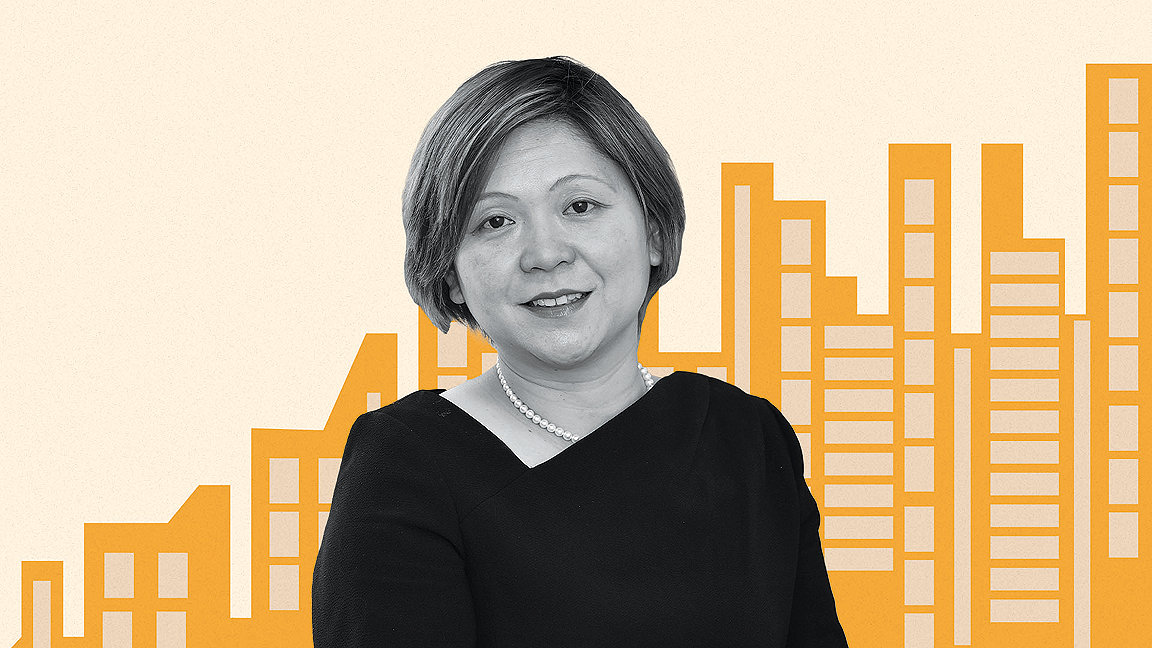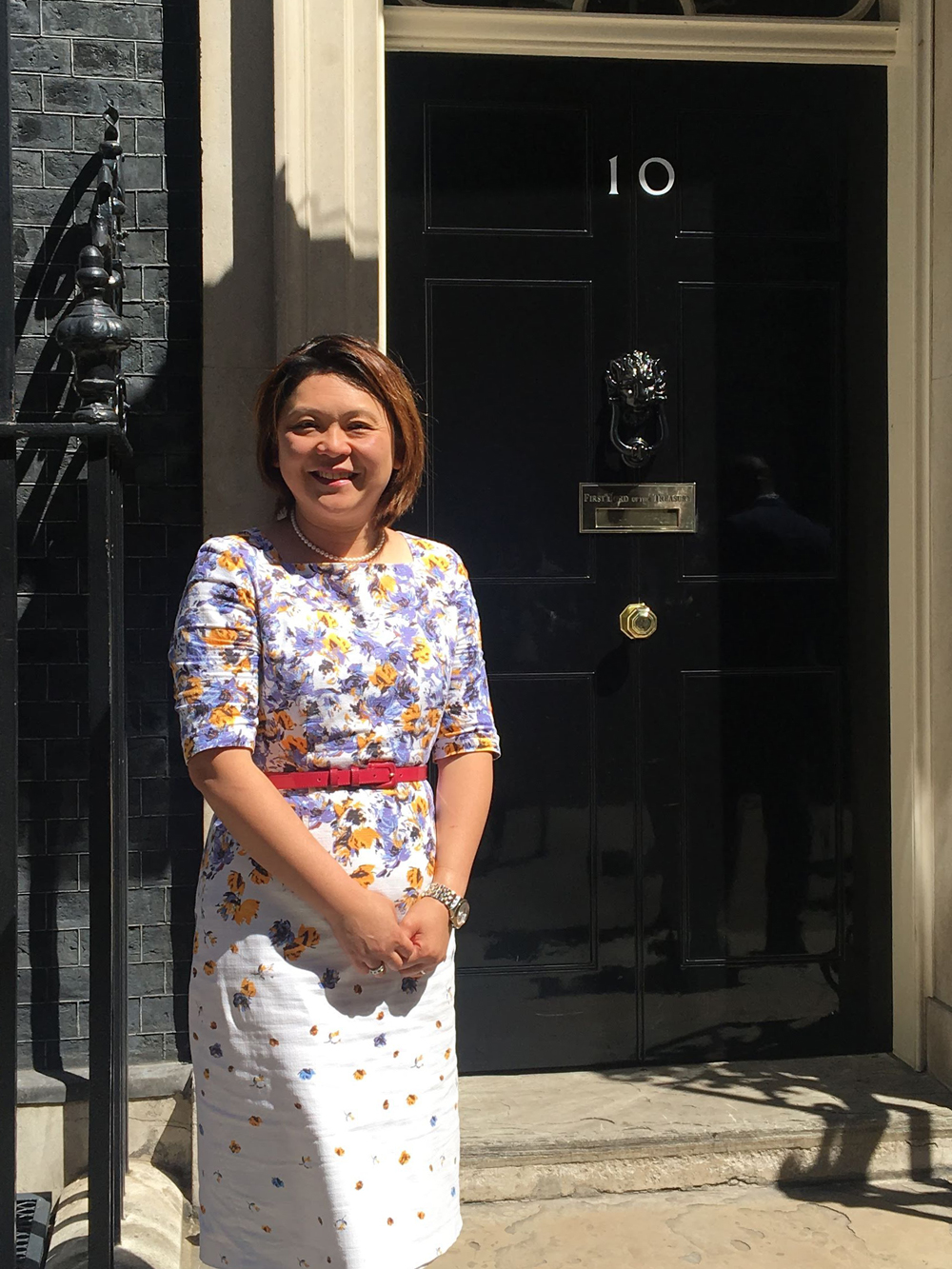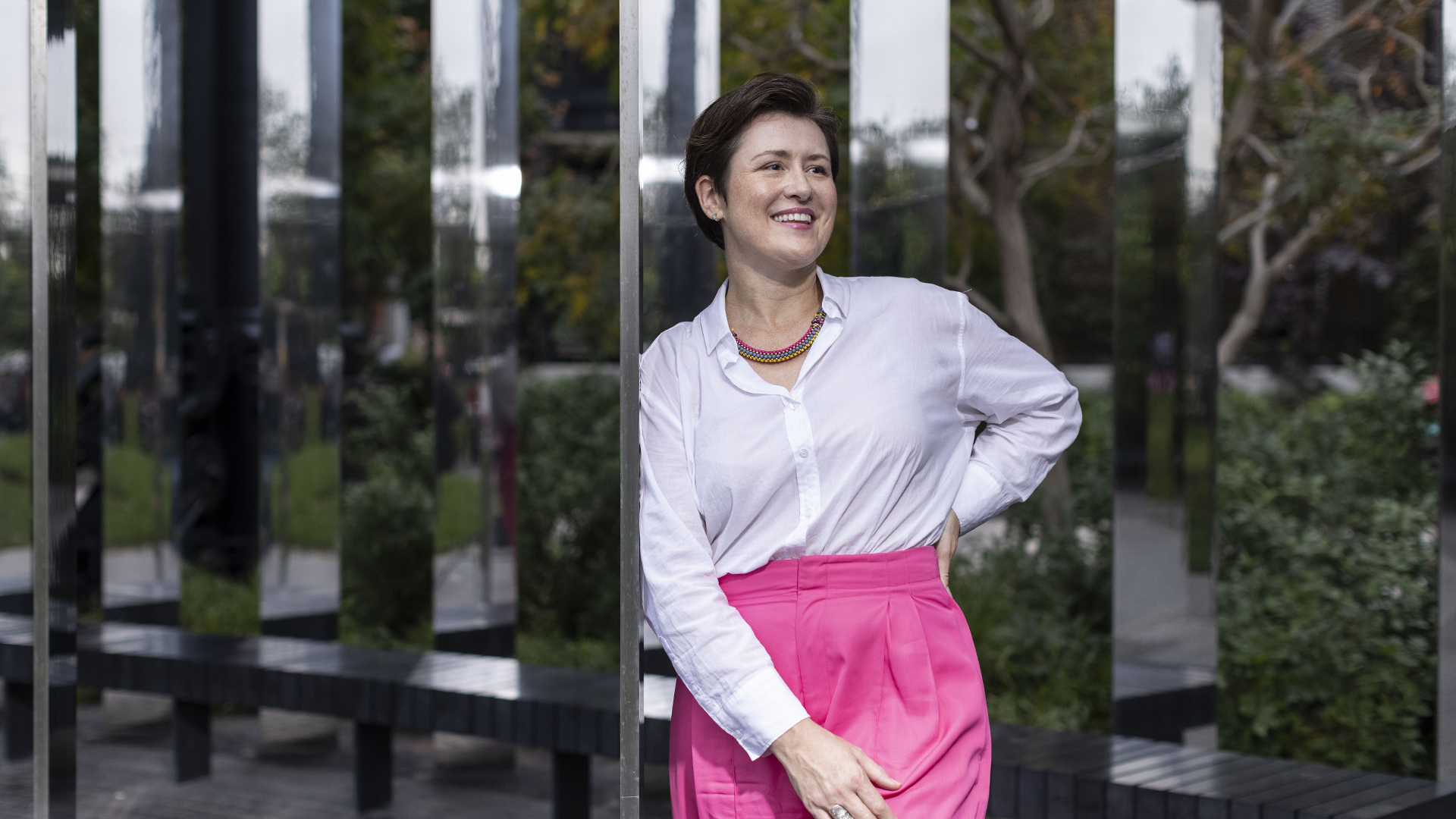
It is still the issue that hamstrings many women: how to combine a demanding job with the commitments of motherhood? Karen Ching MRICS has spent more than 20 years in the industry, working on some spectacular projects. To mark International Women’s Day, she discusses how her career has been impacted by sexism, diversity and parenting a severely disabled child.
How did you start in the property sector?
I decided I would study Construction Economics and Management at University College London. I had trained as an architect in my home country of Malaysia and my first job was in Singapore, but I wanted to travel and have a career with more interaction with people. After I graduated, I applied to more than 100 companies, and I started at Balfour Beatty as a trainee in 2001. I moved to the Sweett Group in 2003 where I worked on my first major development – University College London Hospital, the biggest PFI project at the time. After that I moved to AYH (subsequently acquired by Arcadis).
In 2010 I was made redundant. I had been working for a lot of public-sector clients and the work dried up as the recession hit but I took a job with the organising committee for the London 2012 Olympic Games. It was absolutely amazing, I was working with the best of the best in the industry. I saw the redundancy as a blessing in disguise because I ended up leading a team of four project managers overseeing 19 training venues.
It was how I started programme management and complex large projects, stakeholder management - everything is brought to life when you’re working on this huge event. We went to the final dress rehearsal of the opening ceremony, the closing ceremony, it was a dream come true, the highlight of my career until I started working with the government on its COVID-19 response.
How easy is it for women to progress in property?
I was very happy working for consultancies, I worked very hard and produced great results for clients, but I really struggled to get promoted. I was a project manager for four years and then I was a senior project manager for three years – most people would have become an associate director in that time. But I didn’t know how to sell myself. I was performing at 100% but only selling myself 60%, whereas often a man will be working equally hard but selling himself better. I was in my 40s before I realised that being great at your job isn’t enough.
In 2008, I started a part-time course at the University College of Estate Management (UCEM) so that I could sit the RICS exam. It was really hard fitting in my job and study and my two young children, but I passed the exam. The RICS qualification was tremendous, it made it very easy to get job interviews.
Sometimes women struggle with asking for what they deserve. I remember asking for a promotion to associate director at one firm. I had 14 years of experience and all my peers were at that level. I was already performing at that level and keen to move up so, when they said I hadn’t been there long enough, I applied to join Deloitte as an assistant director. That was a breakthrough for me.
“I was performing at 100% but only selling myself 60%, whereas often a man will be working equally hard but selling himself better”
Like many women, you had career breaks, what has their impact been?
Having children did delay my career progression. There was very little flexibility in the system back in 2007, there was no such thing as working from home and I had to have my contract specially amended so I could leave the office at 4.30pm on certain days to pick my son up from nursery.
In November 2012, I had my third child, Brooke, who was born with a rare genetic condition that resulted in severe disabilities and complex medical needs. I remember driving around Greenwich Park in a golf buggy sorting out the end of the Olympics Games, then, a few weeks later, I went to hospital and I was there for the next seven months in the neo-natal intensive care unit with her.
She came home, but she still needed oxygen and feeding through a nasal-gastric tube. It was one health crisis after another, she was admitted to hospital so often that we got to know the ambulance drivers. It was a dark tunnel, you don’t know when you’re going to get out of hospital, every day was difficult.
But, after three years, her health improved a little and I was worried that I would regret not going back to work. I went on LinkedIn and got a job as a senior project manager within a week. It was fantastic because, like a lot of women, I thought I would struggle to get back into the corporate world, that I had forgotten everything being at home and hospital, but it just came back to me straight away.
I kept completely quiet about Brooke, however, because I didn’t want my colleagues to prejudge me, to think I’d have to run home because my child was unwell.

What has spurred you on?
Strangely, it was losing Brooke in 2017, she died very unexpectedly in August of that year. You have a sense of grief, but you also discover a sense of urgency because you know that time is short. In April 2020 I was working on a major infrastructure project, but I put myself forward to work with the government on their response to the pandemic. I thought: “I need to help with the COVID-19 response, I can do this.”
It was purpose-driven with a clear mission for the public good. We worked collaboratively, we could work long hours and not feel it because we were driven by a single purpose: to reduce the loss of lives.
You’ve been an advocate of greater diversity in the real estate sector – what do you think the benefits are?
My current workplace is very inclusive and I was on its gender balance network committee, as well as being a committee member of DiverseCity Surveyors. Some people can be sceptical about them, but these networks offer people a sense of belonging and you can learn from others. Through DiverseCity Surveyors, I founded a mentoring programme with the UCEM and I’m helping a few BAME students through this. Inclusion is not just about reflecting society; it’s about making people more aware of our perspectives.
For me it allows people to bring their true self to work and, if people can be confident about who they are, they can do far better and fulfil their potential. In my case, it gave me confidence about being a woman, being Malaysian, being a parent, being from a different ethnicity, all of that.
Things are getting better, but I know the gender pay gap is still an issue. I found out once that I was being paid less than a man doing the same job and I was furious. People take their staff for granted sometimes, but the truth is, we mostly work in people businesses and if you don’t treat your people fairly you risk losing them. I think companies are making a mistake when they do not treat people fairly.
“If people can be confident about who they are, they can do far better and fulfil their potential”
What barriers do you see for women in the sector?
There was no barrier for me entering the sector, but I think there is definitely a barrier when it comes to career progression. I’ve been in the industry for 21 years and people are puzzled that I am not a director yet. I’m extremely competent and I have lots of experience working on major programmes. It’s mind-boggling – I’ve seen my peers climb the corporate ladder but I’m only just getting to where I feel I should be. I’m finally expecting to become a director in May.
What advice would you give to women starting in the sector?
I tell everyone to be passionate and love what they do. Do not waste time doing something that you don’t enjoy. Women, get the experience and exposure that you need to build your confidence so that you know that you have competence and can see a clear path forward. In my 40s, after losing my daughter, I felt I almost had no choice but to be bold.
Women don’t always understand that they need to market themselves. If my skills aren’t recognised, then I need to take them somewhere else. I wish I had learned this sooner. I categorise myself as a late bloomer and now my children are a bit older I’m going all out, I’m not going to stop.


